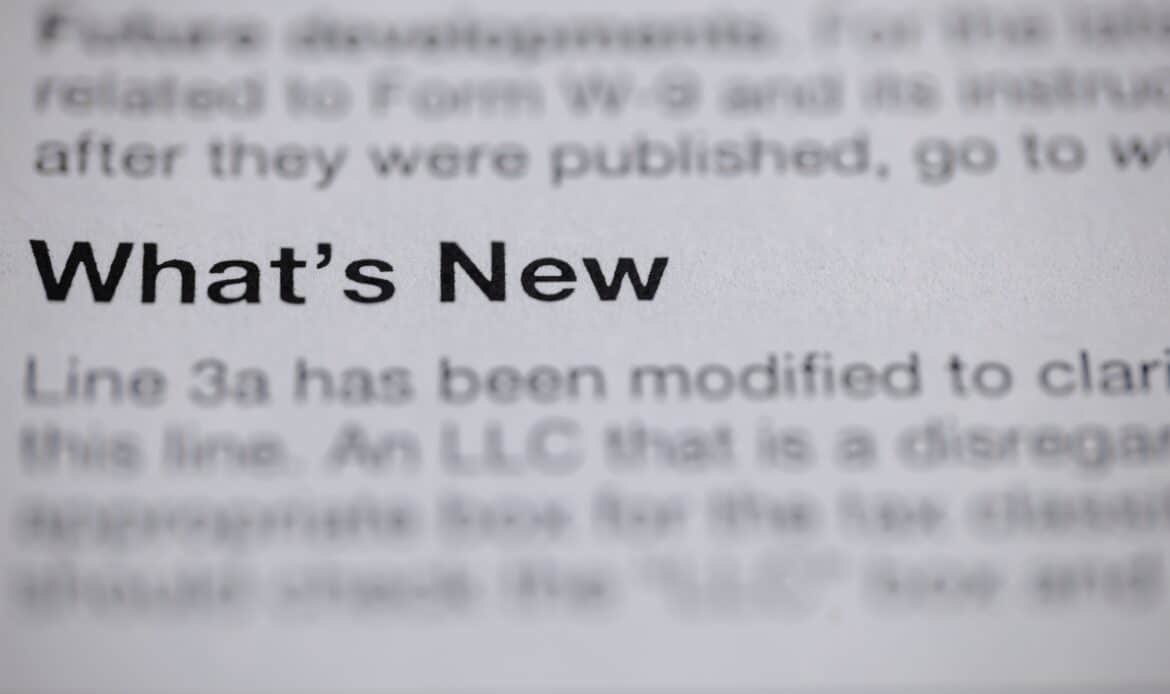The real estate landscape in New York is continuously shaped by legislative and regulatory developments. Recent reforms at both the state and city level reflect ongoing efforts to address housing affordability, modernize land use regulations, and bring greater transparency to the rental process. This article examines four key measures with significant implications for the industry: The Fairness in Apartment Rental Expenses (“FARE”) Act, New York City’s “City of Yes” zoning reforms, the New York City Fair Chance Housing Law, and New York State Assembly Bill A3009C.
The Fairness in Apartment Rental Expenses (“FARE”) Act
Local Law 119 of 2024, or The FARE Act, addresses one of the most contentious issues for New York renters: broker fees. Traditionally, even when landlords hired brokers to market their apartments, tenants were the ones who would bear the cost of the broker fees. These fees vary and can range anywhere from one month’s rent to 15% of the annual rent. The FARE Act took effect in New York City on June 11, 2025, and represents a notable shift in the allocation of broker commission responsibilities. The FARE Act prevents landlords from shifting the broker fees on to tenants and shifts this financial burden to these landlords. Tenants who secure their own broker, however, will bear the cost. Additionally, landlords and their agents are required to disclose all fees the tenant must pay prior to signing a lease. This reform aims to increase fairness and affordability for tenants while adding transparency to the leasing process. Critics, however, have raised concerns that landlords may offset these additional costs through increased rental rates, which could diminish the intended affordability benefits.
The “City of Yes” Zoning Reforms
Adopted by the New York City Council on December 5, 2024, New York City’s “City of Yes” initiative is a sweeping zoning reform package designed to modernize outdated land use rules. The reforms propose changes that, among other things, allow more flexibility in how underused commercial spaces can be repurposed for residential use, and allow more flexibility in residential development near transit hubs. By updating zoning codes, the initiative seeks to address the city’s persistent housing shortage and increase the number of residential units available, particularly studios and one-bedroom units. The City Council projects that these reforms will permit the creation of 82,000 homes in NYC over the next 15 years. While the proposal has been lauded for its forward-looking approach, questions remain unanswered; the potential impact on infrastructure capacity, neighborhood character, and the balance between rapid development and community needs.
The New York City Fair Chance Housing Law, effective as of January 1, 2025, brings sweeping changes to homeowners seeking to rent or sell their property. Generally, housing providers, including cooperatives and condominiums, cannot consider a prospective tenant’s or prospective purchaser’s criminal background during their initial application process. A covered housing provider, or their Boards, cannot deny housing based on most arrests or convictions and may only consider certain convictions after already reviewing the prospective tenant or prospective buyer and making a conditional offer.
If a housing provider chooses to run a background check, there are a series of actions that must be taken if they want to revoke an offer or to not renew a lease. Assuming the housing provider follows the written notice and process requirement, they may only consider convictions that require registration on sex offender registries, felony convictions where the actual release or sentencing date (if no jail time) was within the last five years, and misdemeanor convictions where the actual release or sentencing date (if no jail time) was within the last three years.
New York State Assembly Bill A3009C
Assembly Bill A3009C is a wide-ranging piece of legislation signed into law on May 9, 2025, and took effect on July 1, 2025. This legislation imposes restrictions on “institutional real estate investors,” or entities that are funded by such institutional real estate investors, on the purchase of single- and two-family residences. These restrictions generally apply to investor or investor-funded entities that own ten or more Single- or Two-Family Residences, worth at least $30 million at any point in a taxable year. Policymakers view the legislation as a critical tool in addressing the state’s housing crisis, particularly in urban markets where demand continues to exceed supply. This bill may only be a sign of what is to come. New York State is yet to address Senate Bill S1572, the “End Hedge Fund Control of New York Homes Act,” which would make further changes to the New York State housing market and disrupt investment entities’ ownership share of the residences available, with the goal of lowering costs.
Conclusion
Collectively, these legislative and regulatory measures represent a substantial shift in the operating environment for New York real estate. The FARE Act alters longstanding leasing practices, the “City of Yes” reforms aim to unlock development potential through zoning modernization, the Fair Chance Housing Law reshapes screening processes, and Assembly Bill A3009C underscores the state’s commitment to reshape ownership of the housing market and lower costs. For real estate professionals, developers, and investors, understanding the implications of these laws will be essential to adapting strategies and positioning successfully in a rapidly evolving market.
Those with questions about these recent legal changes—or any other matters involving real estate laws and regulations—should seek guidance from a knowledgeable real estate attorney. At Sabrina Rabban, Esq. PLLC, we provide experienced legal counsel on real estate issues and are available to help clients navigate this evolving landscape with confidence. Fill out the form below or call 516-452-8198 to schedule your free consultation.
We are based in Nassau County and proudly serve clients in communities including Suffolk County, Brooklyn, Queens and Manhattan.
